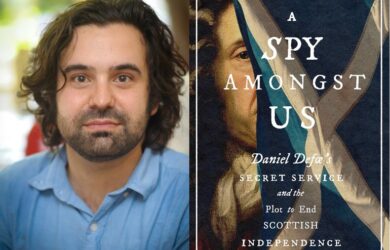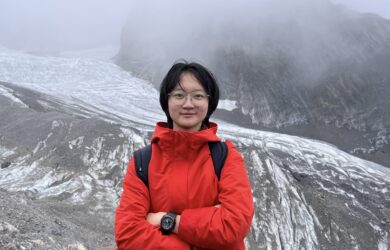
Raphael Lefevre speaks about his research on Syria's Muslim Brotherhood at the House of Commons this week.
A Gates Cambridge Scholar spoke about his research on Syria’s Muslim Brotherhood at the House of Commons this week.
Raphael Lefevre [2012], a research associate at the Center for the Study of the International Relations of the Middle East and North Africa where he specializes on political Islam in Lebanon and Syria, is the author of a recent book on the Syrian Muslim Brotherhood entitled Ashes of Hama: the Muslim Brotherhood in Syria.
He is also a co-author of State and Islam in Ba’athist Syria: co-optation or confrontation? He was invited to give a public briefing at the House of Commons and take part in a Q & A session on Syria’s Muslim Brotherhood on Wednesday. The session, hosted by the cross-party Council for Arab British Understanding, was chaired by MP Richard Graham.
The same day the Carnegie Endowment for International Peace published an article by Raphael entitled The Muslim Brotherhood prepares for a comeback in Syria. In it he says the Muslim Brotherhood is the most organised opposition in Syria, both inside and outside the country with a considerable fundraising capacity. However, it is distrusted due to its years in exile and its culture of secrecy and rigid hierarchy. Non-Sunnis are wary of it despite its centrist message.
Raphael identifies key challenges for the movement, which include winning hearts and minds, particularly among the young, building ties with the country’s religious leaders and offering an alternative to jihadists.
Picture credit: Gcuscuna and Creative Commons.












